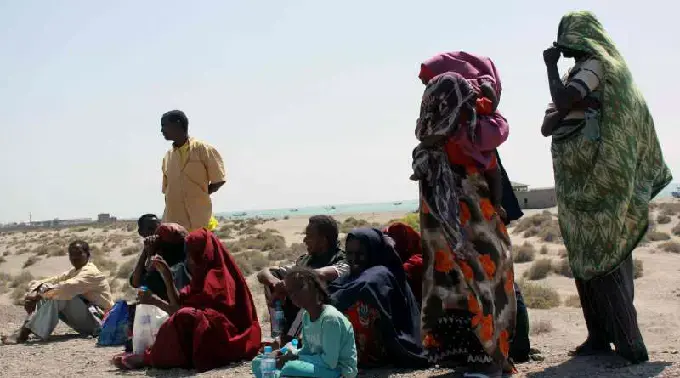Migration is one of key population and development issues in Africa, where people are among the most mobile in the world. Within African countries, rural to urban migration has increased and currently 4 out of 10 people in Africa live in cities. Although, since 2014, more than half of the world’s population live in cities, in Africa this is not yet the case. However, it is expected that by 2035 half of Africa’s population will be city dwellers.
African people also move between countries and internationally. About 31 million Africans have are migrants in various parts of the world, but most African migrants stay within Africa. According to the United Nations Economic Commission for Africa (ECA), about 80% of Africans who migrate do so inside the continent, with only 15% to 20% taking the route to Europe.
The reasons all types of migration – urban/rural, between countries and between continents - vary. For some Africans, migration is voluntary as the result of educational, professional and cultural reasons. For other Africans, migration is forced by violent conflicts and wars, urbanization, poverty, persecution, natural disasters and climate change. UNHCR reports that Africa host more than 26% of the world’s refugee population. As a result of a combination of some of this issues, many African migrants become refugees, internally displaced people, asylum seekers and labour migrants.
Ensuring sustainable urbanization and migration is crucial to leaving no-one behind, ensuring peaceful societies and inclusive economic growth, in line with the Agenda 2030 for Sustainable Development and the AU’s Agenda 2063. This is recognized by the 1994 International Conference on Population and Development Programme of Action (ICPD PoA) and its subsequent reviews, and key AUC policy instruments such as the Addis Ababa Declaration on Population and Development in Africa beyond 2014, the 2017 AU Roadmap to Harness the Demographic Dividend through Investments in Youth. These and other existing policy instruments also include calls to action and commitments to ensure sustainable urbanization and migration on the continent as well as to protect and realize the rights and opportunities of refugees and internally displaced people, especially the most vulnerable women, youth and children.
Across Africa and the world, UNFPA works to increase understanding of migration issues, advocate for better migration data, and promote the incorporation of migration into national development plans. UNFPA also advocates for addressing the special concerns of women, youth, adolescents, people with disabilities and other vulnerable migrants, and works to meet the emergency reproductive health needs of refugees and internally displaced people.


